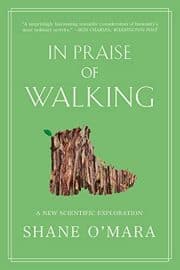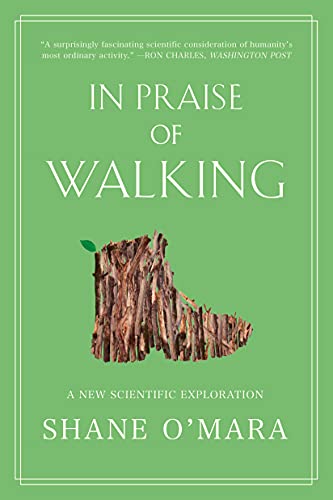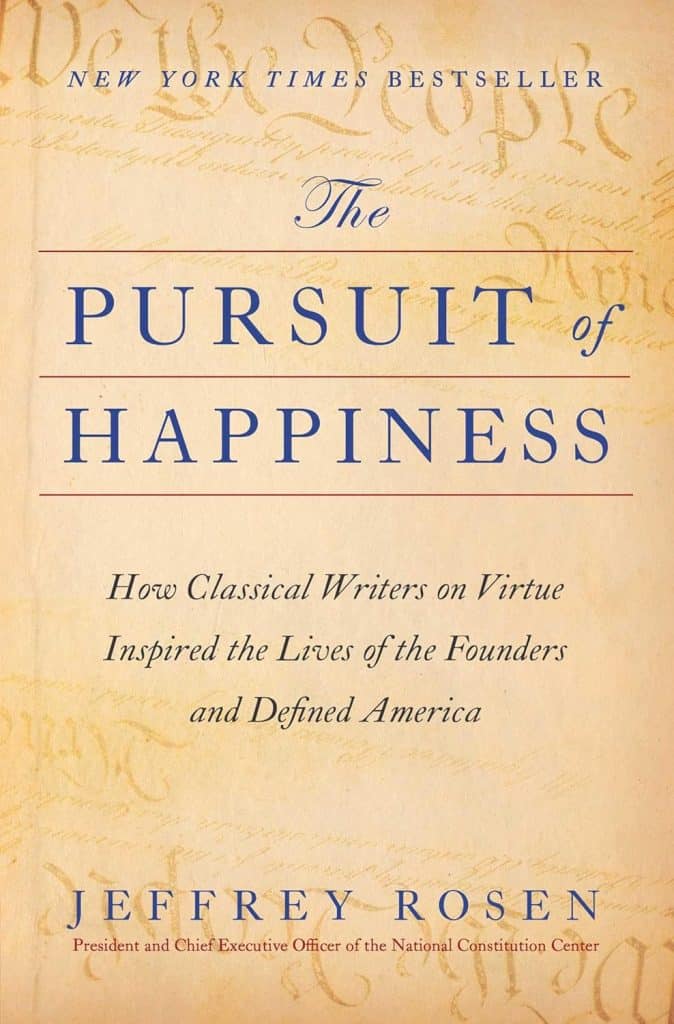I recently received a book from my family that combines two interests: walking and reading. The book, "In Praise of Walking" by Shane O'Mara, celebrates the joys, health benefits, and mechanics of walking. It emphasizes the importance of getting out of our chairs and discovering a happier, healthier, more creative self.

Can I Trust the Accuracy of My Calorie Burn Rate?
My Apple Watch May Not be Able to Accurately Count Calories
Estimated reading time: 2 minutes, 9 secondsI woke up feeling completely drained this morning, and the thought of going for my regular walk seemed daunting. Nevertheless, I pushed myself to get out of bed and complete my daily 1,024 consecutive walk. I took my usual path and walked at my standard pace. Walking for a mile, I was pleasantly surprised that I had already burned 110 calories. This shocked me because, earlier this month, my challenge was to burn 808 calories, and I struggled to achieve it while walking. Instead of burning an average of 110 calories per mile, I was only burning between 75 and 80.
Over the past two years, I have been using my Apple Watch to track my daily activities, including standing and exercising. The blue and green rings on the watch have been instrumental in accurately tracking the hours I stand and exercise. As a result, I have lost a significant amount of weight, and I have come to rely on the red ring, which tracks calories, as a reliable indicator of my progress.
However, despite my reliance on the calorie tracking feature, I have concerns about its accuracy. The first and third months of each quarter present challenges based on distance and exercise time, which are relatively easy to measure. However, the middle months of each quarter require me to burn specific calories, which may need to be quantifiable or accurately counted. The watch may need to be more precise in tracking my calorie burn with other metrics.
After reading Caroline Mimbs Nyce‘s article in The Atlantic, I realized the Apple Watch and all trackers might have an issue with tracking calorie intake.
Several studies suggest that calorie measurements on fitness trackers are frequently inaccurate. ‘If you look at the systematic reviews on every study that’s ever tested the validity of these wearable devices, the definitive conclusion they always make is these things are useless for energy-expenditure estimation,’ Keith Diaz, an exercise physiologist and a professor at Columbia University Medical Center, told me. Because these trackers cannot directly measure calories burned and calorie-burn rate varies from person to person, their approximations can be substantially off.
Despite its imperfections, my exercise routine has been beneficial, and I have no intention of giving up. Rather than fixating on meeting a calorie goal, I plan to focus on walking for as long and as far as I am comfortable. This shift in perspective will allow me to be present in the moment, to let my mind wander, and to reflect on my memories. Ultimately, I look forward to exploring the world around me with a newfound clarity and appreciation.
In Praise of Walking
My Apple Watch May Not be Able to Accurately Count Calories
Estimated reading time: 2 minutes, 9 seconds










